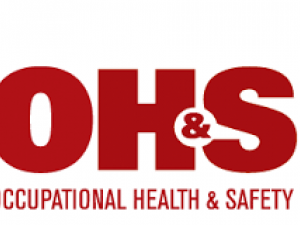GOOD PRACTICE Occupational safety and health procedures in Ghana
Discussion details

Occupational safety and health (OSH) procedures applied to persons who gather natural products such as shea nuts (Ghana).
Occupational Safety and Health (OSH) is not only an issue in large factories or worksites, it is also an issue in traditional rural agricultural and other informal economy activities. Among its multi-pronged strategies for climbing up the Value Chain of shea nut and butter, the project implemented by PlanetFinance in Ghana aimed to better protect women producers in their task of gathering nuts from the shea trees and of processing the nuts.

Through their community groups and with the support of micro-credit, women received suitable equipment and training on safety and protection that has resulted in a dramatic reduction of the incidence of life-threatening events in their work practices. The use of protective clothing, especially boots and gloves, considerably reduced snake bites during nut-picking. Similarly the use of energy-efficient stoves for nut- and butter-processing had an impact on reducing burns resulting from open fires and exposure to heat and smoke thus improving working conditions and health status. Energy-efficient stoves also had a positive environmental impact through the reduction of firewood consumption.
While OSH was an indirect effect of an environmental action in the case of stoves, the use of protective clothing for nut-picking have had an indirect environmental and social impact also. Women pickers can now safely clean and cut the grass around the trees before picking, thus maintaining the trees and the soils in better production conditions and initiating recognition of their property rights with respect to the trees. Women felt empowered. This virtuous circle has a further positive environmental impact because it prevents the cutting down of trees by charcoal manufacturers as they see the tree is actively maintained.
________________________________________________________________________________________________________________________
Identification of Innovative Approaches to Livelihood Enhancement, Equity and Inclusion of People Dependent on the Informal Economy
Volume 1: Good Practices and Lessons LearnedExtracted from 33 Projects Selected Under the 2009 EC call for Proposals:“Investing in People. Promoting social cohesion, employment and decent work. Support for social inclusion and social protection of workers in the informal economy and of vulnerable groups at community level”
March 2016
By Jacques Charmes, Mei Zegers
Log in with your EU Login account to post or comment on the platform.